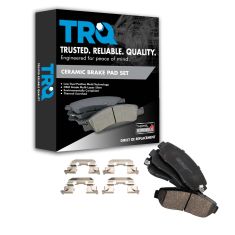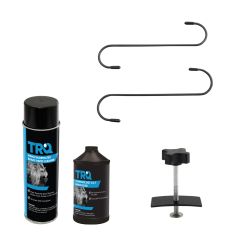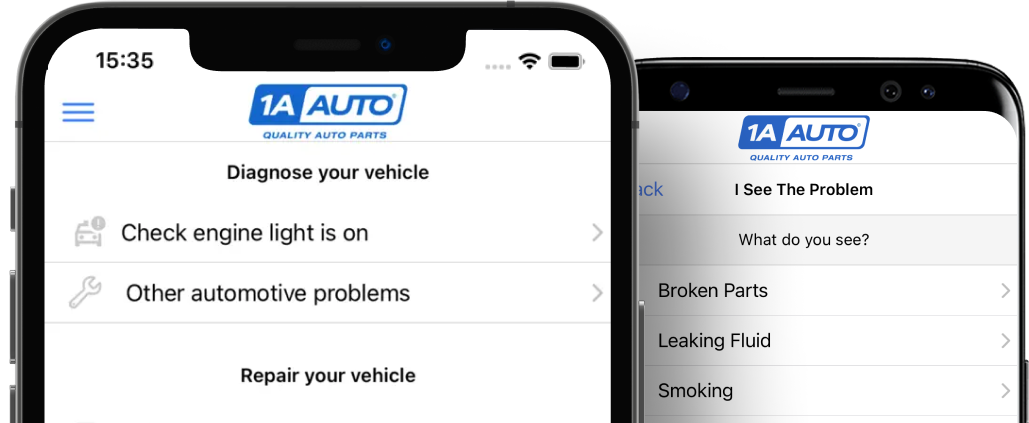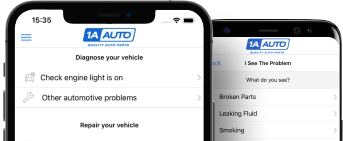1ABPS02641-Honda Acura Front Ceramic Brake Pads TRQ BFA73187
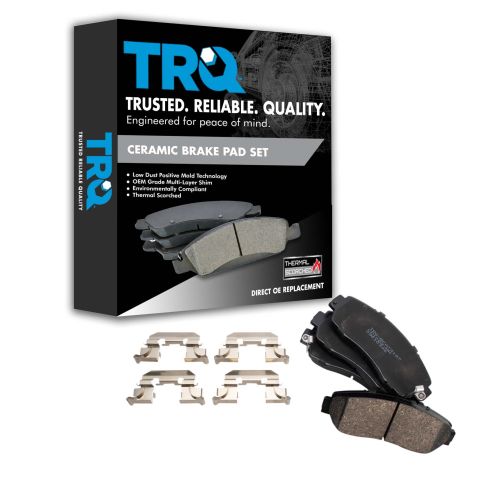
Replaces
Honda Acura Front Ceramic Brake Pads TRQ BFA73187

Frequently bought together
Product Reviews
Loading reviews
5.00/ 5.0
3
3 reviews
brake pads for honda cry
August 11, 2021
work great!!!
Front brake pads.
August 27, 2021
I received these as a replacement for 1 pad where the shim fell off on its own, something I've never had happen before but the replacement was great no issues.
March 23, 2022
Great!
Customer Q&A
No questions have been asked about this item.










